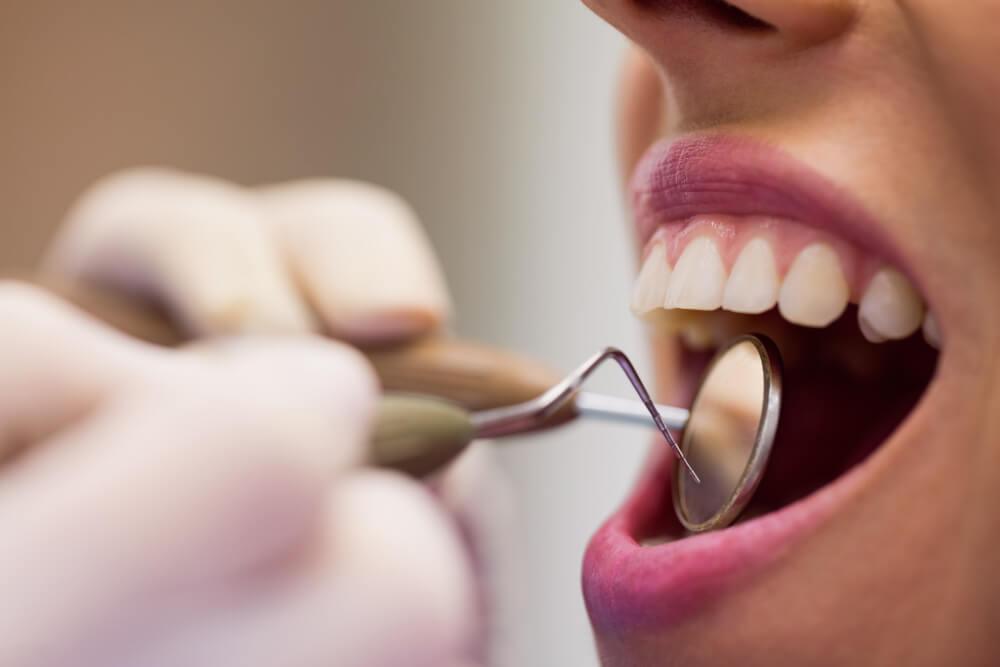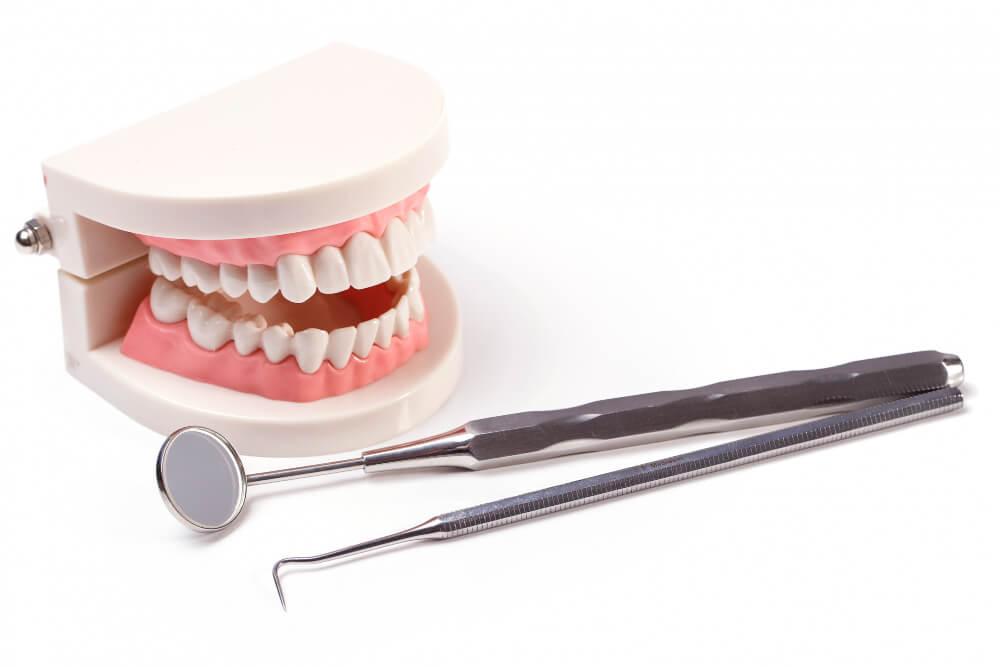
Dental crowns, also known as dental caps, are crucial in restoring damaged teeth, improving aesthetics, and enhancing oral functionality. These tooth-shaped coverings are placed over a tooth or implant, providing strength and protection.
If you've ever had a dental crown or are considering getting one, you may wonder how long they last. In this article, we'll delve into the factors affecting the lifespan of crowns, their average longevity, signs of potential issues, and tips for extending their life.
Dental crowns are not one-size-fits-all solutions, and their longevity can vary significantly based on several crucial factors. Understanding these factors can help you make informed decisions about your oral health and the durability of your dental crowns.
The choice of material for your dental crown is one of the most critical factors influencing its lifespan. There are several types of crown materials available, each with its own set of advantages and drawbacks:
Ensuring the lasting durability of dental crowns hinges on maintaining excellent oral hygiene. Neglecting oral care can pave the way for gum disease, decay, and, ultimately, crown failure. It's imperative to regularly brush, floss, and employ an antiseptic mouthwash to ward off these potential problems.
Dentists advise scheduling professional cleanings and check-ups every six months to safeguard your natural teeth and the integrity of your crowns.
The location of the crown within your mouth can affect its lifespan. Crowns placed on front teeth generally experience less force during biting and chewing compared to molars at the back of your mouth. As a result, crowns on molars may have a shorter lifespan due to increased wear and tear.
Your bite force and habits can influence the duration of dental crown longevity. People who engage in teeth grinding (known as bruxism) or possess other habits that subject their crowns to excessive pressure may encounter premature wear and potential damage.
Dentists may recommend using a custom-made mouthguard to protect the crowns from the effects of bruxism.
While the lifespan of dental crowns varies depending on the factors mentioned above, there are some general expectations. On average, dental crowns can last anywhere from 10 to 30 years. The choice of crown material, oral hygiene, and proper care significantly influence this range.
Several studies and statistics suggest that porcelain-fused-to-metal (PFM) crowns have an average lifespan of 10 to 15 years, while all-porcelain crowns can last 15 to 20 years or more. Zirconia crowns, known for their durability, have the potential to last 20 to 30 years or longer with proper care.
Real-life examples and patient experiences also demonstrate the wide range of crown longevity. Some individuals may find their crowns still intact after several decades, while others may require replacements sooner.
Recognizing the signs of a failing crown is crucial for timely intervention and preventing further complications. Here are some common indications that your dental crown may be in trouble:

While dental crowns have a finite lifespan, there are steps you can take to maximize their longevity:
Maintaining a strict oral hygiene routine is essential. Brush your teeth at least twice daily with fluoride toothpaste to remove plaque and protect both natural teeth and crowns.
Flossing daily helps eliminate food particles and plaque buildup between teeth, while rinsing with an antiseptic mouthwash kills harmful bacteria, preserving the health of your crown.
Exercise caution when it comes to consuming sugary and acidic foods and beverages. These items can accelerate tooth decay and potentially jeopardize the crown's integrity. By limiting their intake, you can help safeguard the long-term effectiveness of your dental crown.
If you suffer from teeth grinding or clenching (bruxism), consult your dentist about a custom-made mouthguard. This protective device is specifically designed to prevent damage to both your crowns and natural teeth caused by bruxism.
Wearing a mouthguard while sleeping can significantly extend your dental crown's lifespan and maintain oral health.
Regular dental check-ups play a pivotal role in monitoring the condition of your crowns and detecting any issues in their early stages. Dentists have the expertise to identify potential problems before they become severe, potentially saving you from the need for premature crown replacements. These routine check-ups are a valuable investment in your dental crowns' lasting health and functionality.
Eventually, dental crowns may need replacement due to wear and tear, changes in your oral health, or the development of underlying issues. The process of crown replacement typically involves:
At Queens Emergency Dental, we understand the importance of maintaining your dental health, including the longevity of your dental crowns. Our dedicated team of experienced dentists and staff is committed to providing high-quality dental care in Queens, New York.
If you ever find yourself in need of dental care, whether it's routine check-ups, cleanings, crown replacements, or emergency dental services, you can rely on us. We offer a comprehensive range of dental services to address all your oral health needs.
Our goal is to ensure your continued oral well-being and the lasting effectiveness of your dental crowns. We understand that each patient is unique, and tailor our treatments to meet your specific requirements.
To schedule an appointment or learn more about our services, visit our website.
Your oral health is our priority, and we look forward to serving you at Queens Emergency Dental.

The longevity of dental crowns depends on various factors, including material choice, oral hygiene, tooth location, and bite force. On average, dental crowns can last anywhere from 10 to 30 years with proper care.
Recognizing signs of a failing crown and taking proactive measures to maintain good oral health can extend their lifespan. Remember, your oral health is a priority, and maintaining your dental crowns ensures a confident smile and optimal functionality for years to come.
YOUR FIRST STEP TOWARDS A BEAUTIFUL SMILE IS JUST A PHONE CALL AWAY!